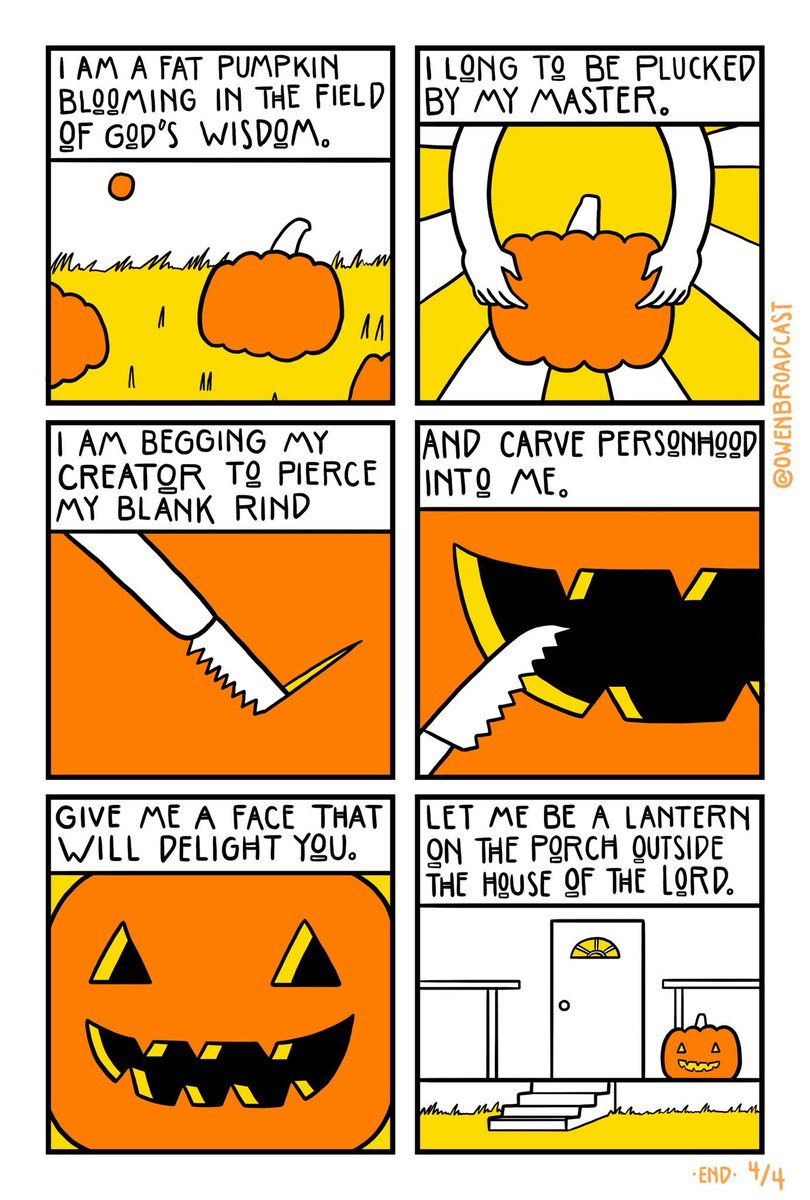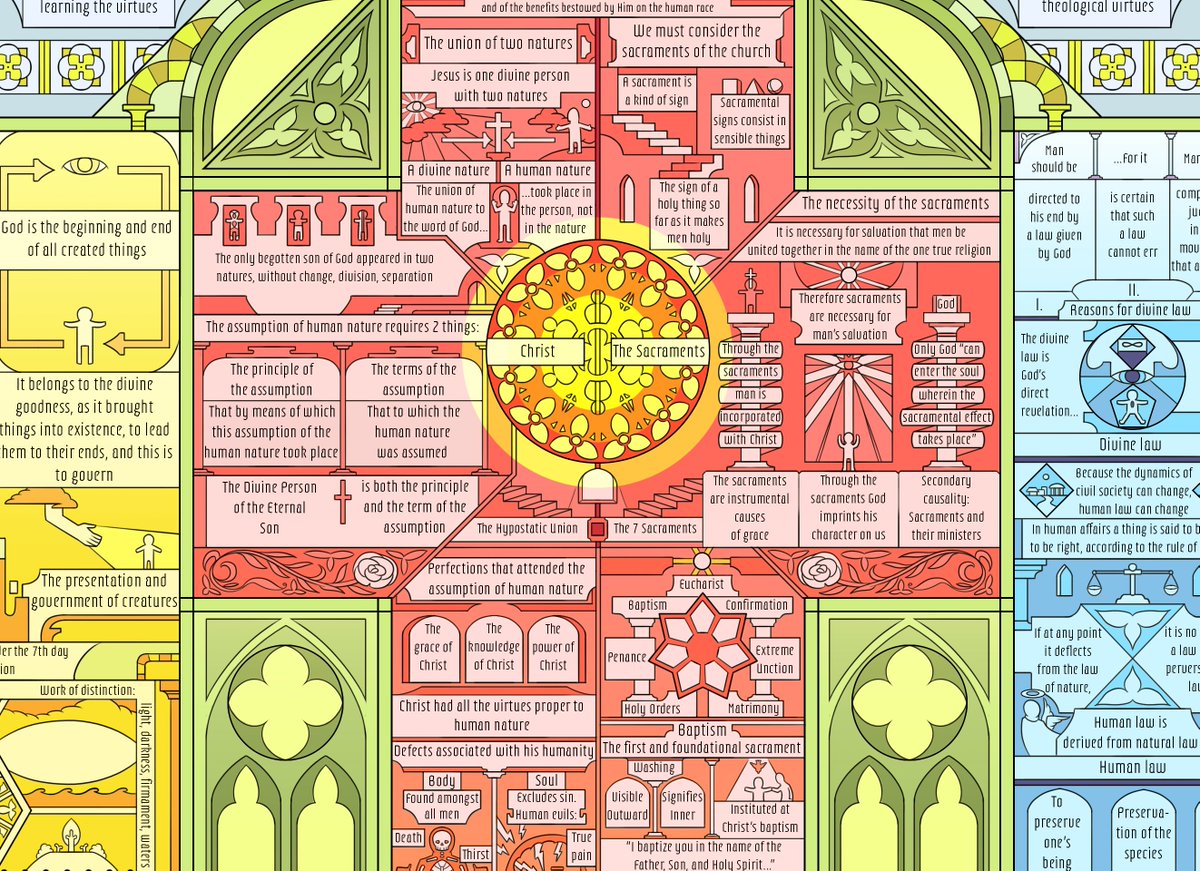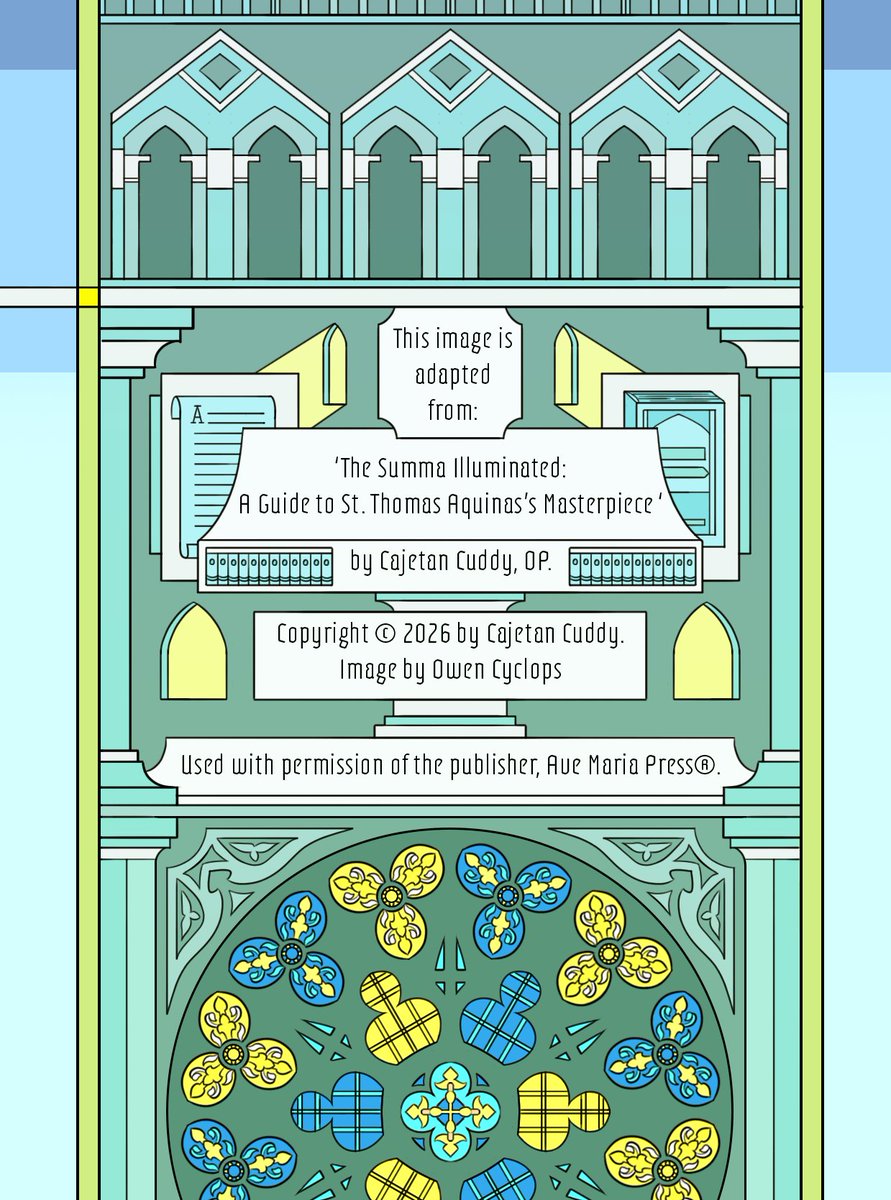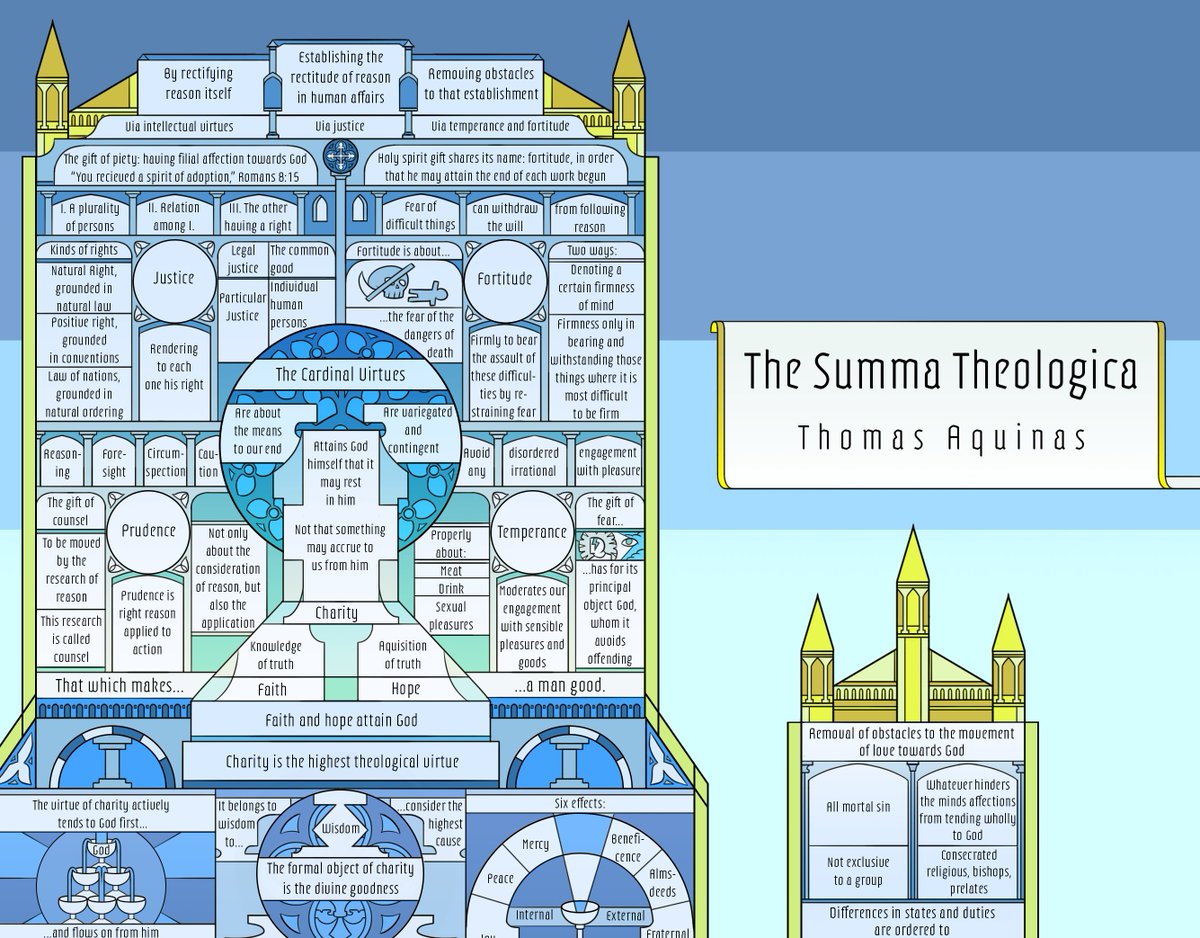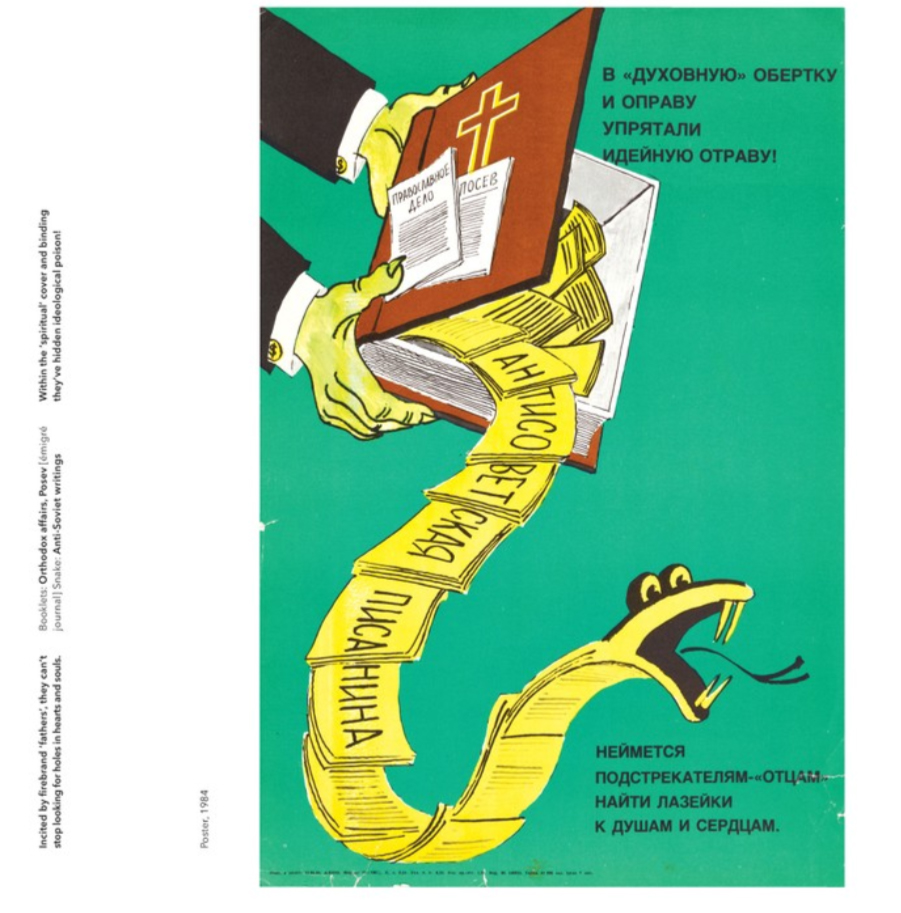was really amped about this one. some people said they had trouble reading the font, so i posted it another time with a different typeface but i cant find it rn and must return to baby. this is how it was supposed to look anyway.
happy halloween.
happy halloween.
https://twitter.com/owenbroadcast/status/1322545377271287808
if anyone finds the post i made with the other typeface feel free to post it. otherwise bonus throwback to these holographic stickers i printed of st odilo of cluny who actually got “all souls day” up and running (check it out / DYOR)
https://twitter.com/owenbroadcast/status/1279966847903961088
🎃📺 halloween TV update: we found the bluebird comic with the other typeface
https://twitter.com/owenbroadcast/status/1389259883510435846
clearer revamped image of st. odilo which was part of a series of NFTs i did recently, linked here. if it were not for him perhaps it would not even be “halloween” on this day and within our present framework. 
https://twitter.com/owenbroadcast/status/1436732098321190918

• • •
Missing some Tweet in this thread? You can try to
force a refresh




